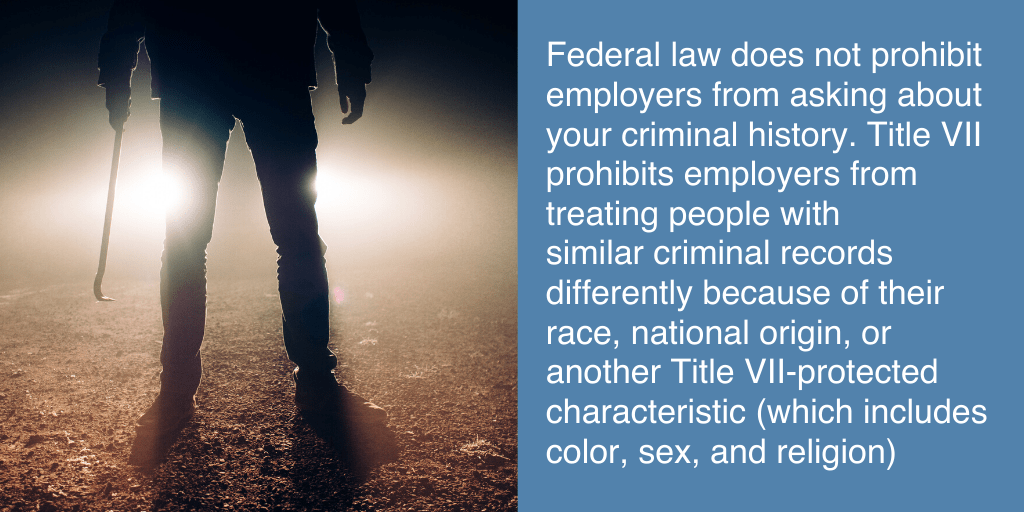Criminal Record Disclosure of Job Candidates
Criminal record disclosure is a small but critical part of the hiring process. When evaluating a candidate, HR managers need to maintain an objective approach and carefully differentiate their intuition, the information presented before them, and the actual job requirements. Making the right hiring decisions has become even more crucial in the current economic crisis that has been triggered by the coronavirus pandemic.
It is important to run a background check once a candidate has been short-listed or a job has been offered. But the hiring managers should know whether criminal records can be obtained or checked as part of the candidate screening process and whether they can deny employment to a candidate based on such records.
Inclusions in a Criminal Record Disclosure
A criminal record refers to a federal, state, and local listing of a person’s criminal history. In many cases, these records may not be accessible from a central location because of reporting delays and the moving of records from one database to another.
A professional background check service provider will have the capabilities to obtain accurate and updated criminal records about a candidate, which may include the following:
- Name, birth date, and driver’s license number
- Address history
- Details of distinguishing or identifying body characteristics or marks
- Arrest and warrant information
- Pictures or mug shots
- Details regarding the severity of the case or whether it is a Felony or only a Misdemeanor
- Other people that may have been involved in the crime
- Fingerprints
While an individual has a right to have some of their past criminal offenses removed or expunged from the court’s records, many crimes cannot be expunged (such as first and second-degree felonies, crimes of violence, and some driving violations). Some of the records, such as fraudulent crimes where bankruptcies and tax liens may come into play cannot be released after a certain amount of time has elapsed.
What should the Employer do if a Criminal Record is Revealed during Background Screening?
It is the best employment practice to conduct a criminal record background check once you have made an offer of employment to a candidate. According to the Equal Employment Opportunity Commission (EEOC) Enforcement Guidelines, as an employer you must assess:
- The nature and seriousness of the offense
- How much time has passed since the offense
- Whether the offense is relevant and impacts the job that the candidate has applied for
If a past conviction or arrest record indicates a behavior that would adversely impact the job, then the employer should notify the applicant via a pre-adverse action. This will inform the candidate that a denial of employment is being considered on the basis of their background check. It will provide an opportunity for the candidate to consider whether they want to dispute the records revealed in the background check.
While you should be aware of your options as an employer or hiring manager if the job requirements are likely to be in conflict with the results shown in the candidate’s criminal record, you should also take cognizance of the applicant’s employment rights. Denial of employment on the basis of the criminal record check should include a proper adverse action process.
If you ignore this process as an employer, you may be held liable for an FCRA (Fair Credit Reporting Act) violation. You should also check whether your state’s law allows you to ask questions during a job interview about the candidate’s conviction or arrest history.
Follow us on social media and stay up-to-date on the latest Background Screening Trends and more about criminal record disclosure.
Facebook | Twitter | LinkedIn | Pinterest | Instagram | YouTube








